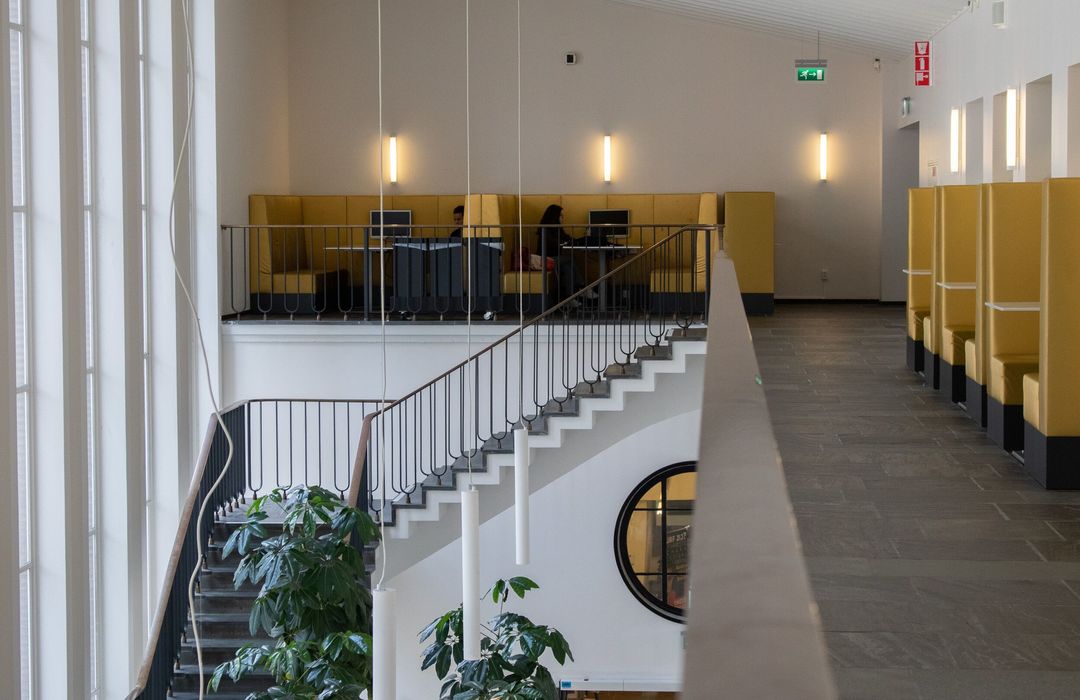

The role ofĪ production manager is becoming more and more important in a festival and Theįestival Academy is delighted to organise this cross border exchange enabling

In the meantime some 50 production managers from 27 countries and allĬontinents have taken part in it. Programme since we launched the first Module I in 2016. Take them to new places, both metaphorically and literally. 12 young production managers fromĨ countries meet and share their experiences. The core element of the Festival Managers Production Training is theĮxchanges between fellow production managers. To reflect on their experiences and journey taking place in Santarcangelo, Module III reunites the participants at a closing session Placement in a festival from across the world. Module II gives participants the opportunity to practice their skills at a The four-day programme in Antwerp is the first module of three. She spoke about the essential and changing role of the production manager in aįestival, which involves more than producing artistic work. Annet Lekkerkerker, General Director of Holland Festival, gave an inspiring keynote speech. Welcomed by Jerry Aerts, Director deSingelĬeustermans, Managing Director The Festival Academy. Organised by The FestivalĪcademy (an initiative of the European Festivals Association), this training programmeĪllows participants to exchange with expert production managers on theirĮxperience and the challenges of realising an artistic work.

International Arts Campus in Antwerp, Belgium. With 12 young production managers from 8 different countries at deSingel
#Dr van overloop Offline
Results show that the online approach, by anticipating the inflow events, outperforms the offline one and provides a better compromise between floods control, pumps usage, and drinking water supply objectives.The third Edition of the Festival Production Management Training programme opened It is characterized by a large, highly urbanized catchment that produces significant discharges with a short time of concentration of approximately 1 h. The case study considered is Marina Reservoir, a multipurpose reservoir located in the heart of Singapore. Moreover, a quantitative assessment of the role of the hydro-meteorological information available in real time is provided. With the purpose of discussing the best alternatives to deal with these extreme hydrological features, this article analyzes the performance of offline and online operation, based on stochastic dynamic programming and deterministic model predictive control. However, the operational management of reservoirs located in urban areas faces a number of challenges due to the high hydraulic efficiency of urban catchments, i.e., short time of concentration, increased runoff rates, and losses of infiltration and baseflow. In this context, the construction of reservoirs mainly fed by storm water and operated for drinking supply purposes can be demonstrated to achieve long-term sustainability objectives. The sustainable urban water management paradigm is based on the idea that water supply, storm water drainage, and wastewater disposal are interrelated resources that can increase the sustainability at the urban scale.


 0 kommentar(er)
0 kommentar(er)
